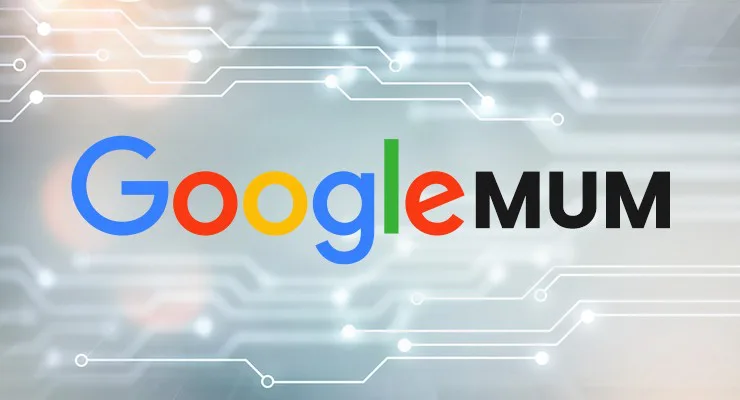
Multitask Unified Model, or MUM is a new technology developed by Google as a step in the right direction to provide more thoughtful answers for complex needs.
What Makes MUM Different?
Announced in late May, although not confirmed to be in use, the Multitask Unified Model (MUM) is a Long Form Question Answering technology. For many complex search queries, a link or snippet response does not suffice. Sometimes answers need to be made up of a series of paragraphs and subtopics to cover a whole range of information.
MUM’s framework uses the T5 text-to-text framework, which can not only understand language but can also generate it. Google notes MUM is trained across 75 languages and its ability to work on more than one task at once allows it to develop a sophisticated understanding of topics and world knowledge.
The broad insights of global facts and history that make up MUM’s framework will assist to highlight the nuances of queries, which are key to developing comprehensive answer results. An example that Google has used to showcase this is the following:
Take the question about hiking Mt. Fuji: MUM could understand you’re comparing two mountains, so elevation and trail information may be relevant. It could also understand that, in the context of hiking, to “prepare” could include things like fitness training as well as finding the right gear.
Breaking Language Barriers
When accessing information online, language can present a number of barriers restricting users from viewing content. Google states that MUM will be able to break down barriers that stop knowledge being shared across languages or regions. Therefore irrelevant of the language you type your query in, all relevant information and sources in any language can be presented to you.
To follow on from Google’s Mt. Fuji example, the most helpful tips and inside information on this iconic hike would be from local Japanese sources. However, it is very likely these sources would be written in Japanese and normally you may assume you wouldn’t be able to find these unless you too are searching in Japanese language. MUM can potentially transfer information surrounding Mt. Fuji in the language of your choice. Therefore if you are seeking results that will provide the best hiking tips and across subtopics you will no longer be restricted if you do not understand and/or write in a particular language.
No Restriction Across Content Type
Finally, another ground-breaking improvement is MUM’s ability to be multimodal. MUM can interpret information no matter it’s type, whether that be: text, image and Google has future plans to extend this to video and audio. It’s revolutionary technology will be able to answer your query through simultaneous content expression and connection – potentially pointing you to a well-informed blog or your nearest shopping centre.
For example you may choose to take a photo of your hiking boots and present this image to Google to query if they are a good choice to bring to Mt. Fuji. Current search engines are not sophisticated enough to handle a multimodal question; MUM does.



